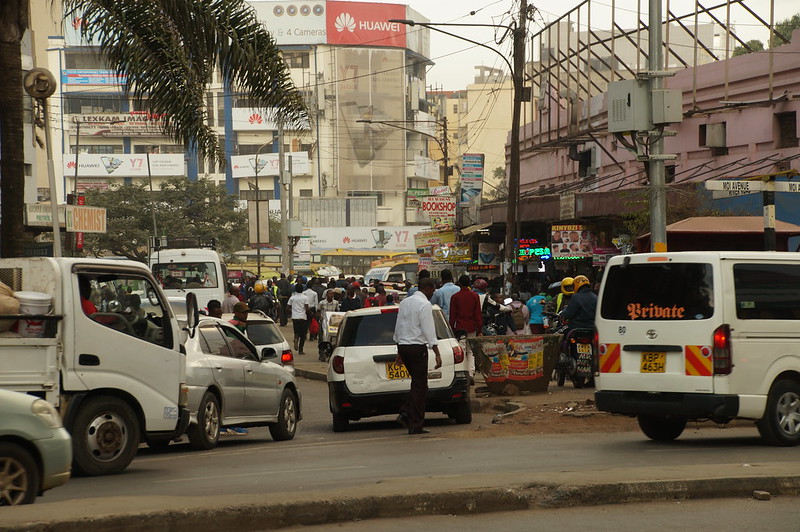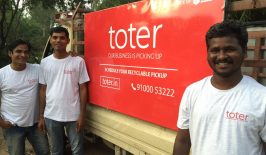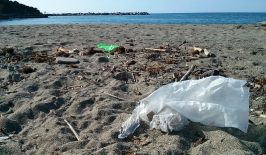Efficient waste disposal is a luxury in many parts of the world. In Lagos, Nigeria’s most populous city, only about 40 per cent of waste is collected by the city’s waste collection service – with only around 13 percent of that ever recycled. Just for comparison, European recycling capital, Germany, achieves a recycling rate of over 64 per cent. Municipal waste refers to all of the types of waste that households produce – from paper, glass and plastic, to organic and electrical waste. In Lagos, however, 60 per cent are never picked up, which in a city with over 20 million inhabitants, really adds up: over 13,000 tons of waste are produced there every day.
Urbanisation = more people = more waste
One major problem contributing to this is the country’s ever-growing urban population. According to the World Bank, Nigeria’s urban population is growing at over 4 per cent and new research suggests that Lagos could become the world’s most populous city – home to 85 to 100 million inhabitants within the next 60 years. This already has, and will have, enormous effects on the environment. A large proportion of the city’s inhabitants already live in informal settlements without access to formal waste management systems.
As well as having serious effects on the health of people living near unregulated waste dumps, the the amount of waste in the streets of Lagos has led to clogged sewers and water drainage systems, which led to houses in Lagos flooding during heavy rainfall. And the waste isn’t just sitting in rubbish dumps either – it often ends up in our oceans via waterways. A huge majority, 80 percent, of marine waste originally comes from land-based sources, often from countries in Asia and Africa.
Reaching the Unreachable – On Cargo Bike
WeCycle founder Bilikiss Adebiyi-Abiola has come up with an idea to change all that: WeCycle is a platform that encourages people in low-income communities in Lagos to start recycling waste. Households register to take part in the scheme then have the job of sorting out their recyclable waste – especially the plastic waste – which is then collected once a week by the WeCycle team, who come by with their cargo bikes to make the pick-ups. As well as having obvious ecological advantages, the two-wheeled transport means they can reach places in the city where motorised traffic cannot.
For every kilogram of recycled waste, households are credited with points which they receive on their mobile phones. They can then exchange these for phone credit, food or household goods. The waste that’s collected is sorted and sold on to local recycling companies.
As well as easing the burden on Lagos’s overstretched waste management system, WeCycle is a great source of job creation and additional income for low-income families. While it is a very clever way of turning waste into a way out of poverty, a system can only ever be a temporary solution to such a huge, fundamental structural problem. We have to come up with new, more comprehensive approaches to reduce the amount of waste being produced – not only in Lagos but all around the world.
This is a translation by Marisa Pettit of an original article which first appeared on RESET’s German-language site.





